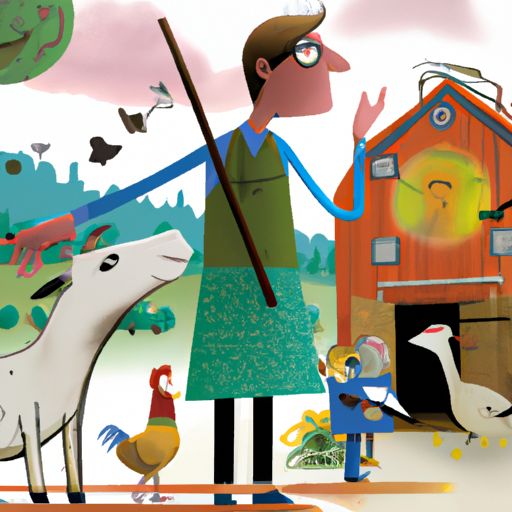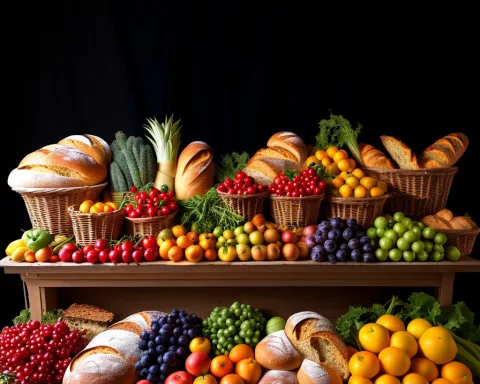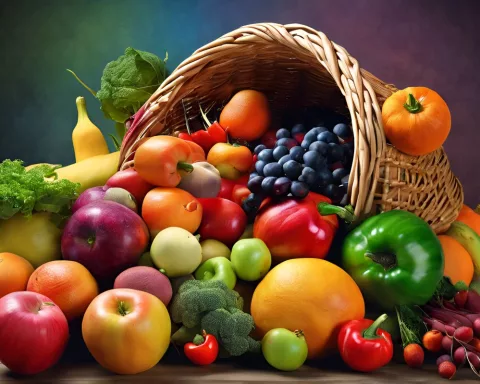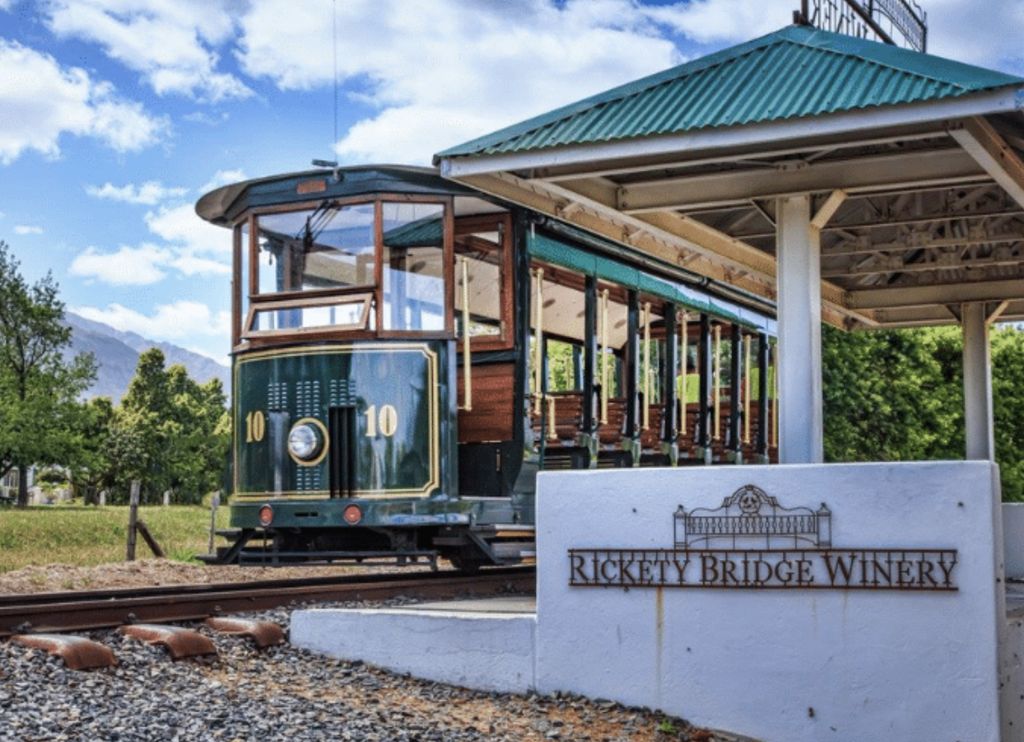South African chef Hylton Espey has been making waves in the culinary world through his restaurant, Culture, in Falmouth, UK. The prestigious Michelin Green Star award has recently recognized Espey’s commitment to ethical and environmentally sustainable dining.
A South African Influence
Espey’s culinary journey started in South Africa, where he was exposed to some of the best chefs in the industry. He studied at the ICA chef school in Stellenbosch, working all over South Africa and three continents. Espey’s passion for food and travel led him to establish his restaurant, Culture. Although situated in the UK, Espey’s dishes undoubtedly showcase South African influences.
Espey has a custom-made braai in his kitchen, which he uses for menu items. He has sourced local, sustainable oak and charcoal to grill on this braai, adding a unique flavor to his dishes. He only uses locally sourced products from nearby farms, allowing him to control the flavor profile of the menu. His creativity is evident, with Biltong, a South African delicacy made from dried meat, finding its way onto one of his courses, paired with wild garlic capers on a sourdough crumpet.
Espey’s sustainability efforts were integral to his approach, leading to the Michelin Green Star award. Culture strives to fine-tune its impact on the environment by looking at all aspects of the business. The restaurant has removed all gas and installed induction to reduce power consumption. Coal and wood used on the braai are from woodland management less than 5km away. Espey’s granite kitchen pass was quarried 4km away, and the existing tables have been refurbished, while most of the old equipment was recycled for other restaurants.
An Inspirational Environment
The open kitchen at Culture is situated inside an old quayside warehouse. Each dish is named after its inspiration, with farmers and nature being Espey’s biggest inspirations. Espey spends as much time as possible outdoors, enjoying nature and visiting farms to watch the progress and connect with the farmers. These interactions inspire most of his menu.
Culture’s tasting menus only serve ingredients that are not as popular, reducing food waste and allowing Espey to help them in new and exciting ways. In addition, the restaurant educates diners on where the food comes from and essential issues such as soil health. By educating guests, Espey hopes to pave the way for local food heroes, sustainable farming, and unique flavors.
A Unique Culinary Experience
Culture aims to create a unique culinary experience where food curates the evening, taking guests on a journey of flavors served with wines from around the world. The menu at Culture is a testament to Espey’s creativity and connection to nature. His dishes are not only delicious but ethical and sustainable, representing a movement in the culinary industry towards environmentally conscious dining.
Espey’s Michelin Green Star award reflects his efforts toward sustainability and creativity. It recognizes its dedication to sourcing local, sustainable ingredients and reducing waste, all while creating a unique culinary experience for its guests. Espey has inspired other chefs, proving that ethical and sustainable dining can be just as delicious and exciting as any other cuisine.












